Jackie French and Andy Griffiths pan Enid Blyton sensitivity edits
Enid Blyton sensitivity edits have been panned by children’s authors Andy Griffiths and Jackie French, who says that the changes make her want to ‘crawl under my desk screaming’.
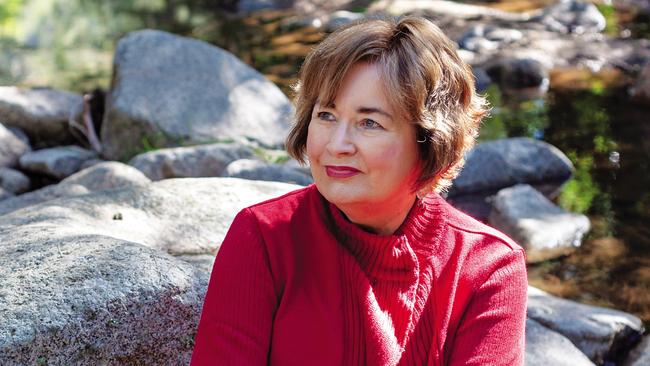
Children’s authors Jackie French and Andy Griffiths have condemned the removal of phrases such as “Shut up” and “Don’t be an idiot” from Enid Blyton’s Famous Five, saying an author’s work should not be subject to sensitivity edits that unduly alter meaning.
French, who has published more than 140 books including Diary of a Wombat and Hitler’s Daughter, said the changes made her want to “crawl under my desk screaming”, though she supported edits that made stories more relevant to a modern audience.
An audiobook of one of the Famous Five’s adventures, The Famous Five Short Story Collection, was quietly edited in recent months to delete the phrases, The Australian revealed, just weeks after British publisher Puffin was forced into a backdown after trying to remove words such as “fat” and “ugly” from Roald Dahl classics.
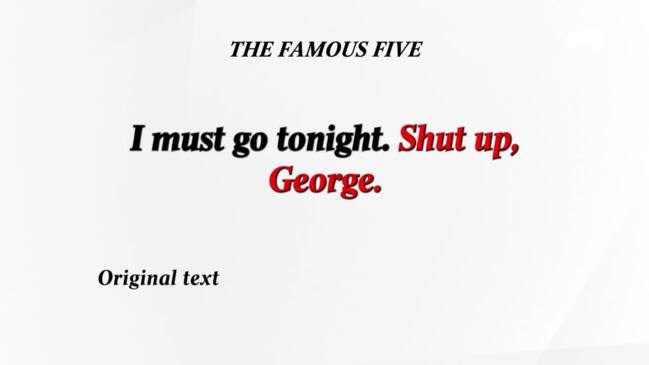
French, a former Australian Children’s Laureate and Senior Australian of the Year, said the main criteria for publishers should be whether the author would have agreed with the changes being proposed. “In one of my early books, some of the characters are escaping from a dust storm - the editor changed it so when they are calling out instructions to each other they say ‘please’ and ‘thank you’,” French told The Australian. “Because polite children should always say ‘please’ and ‘thank you’ when escaping from a dust storm.
“I think it’s acceptable not to say please and thank you. Kids aren’t police, humans aren’t polite and often not being polite is funny.”
French said she believed changes to children’s books were acceptable when they were true to the author’s intention and supported the attempted edits to Dahl’s books such as changing “fat” to “enormous”.
“I think the main criteria is whether the author would have agreed to the change,” she said.
“I suspect Roald Dahl would have been quite happy to change fat to enormous, it fits with his original meaning and it doesn’t carry the connotation today as it did when he wrote it.
“Sometimes books must be updated so they make sense and are relevant and in that case I don’t think any author would object to their words being changed.”
The environmental activist and prolific author said edits that erased aspects of the story that reflected the author’s views that were a product of their time but not necessarily politically correct were “rather different”.
“The Famous Five has to be read in the context of the time; these are kids who regard a tomato and hard boiled eggs as a treat,” she said.
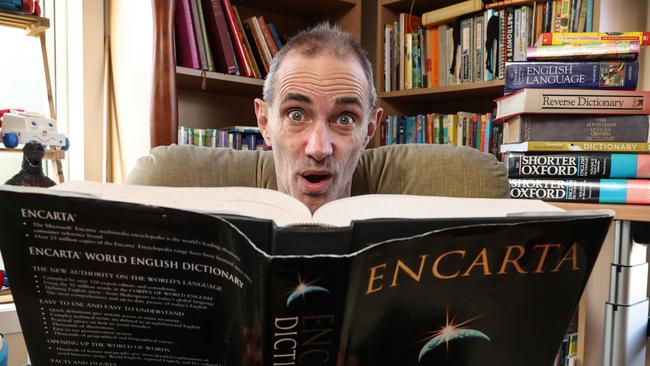
Children’s author Andy Griffiths, whose titles include The Day My Bum Went Psycho and the Just series, said he opposed the edits to the Fantastic Five, and phrases such as “shut up” – which he deploys frequently in his own work – served a purpose in a story.
“I don’t think it means people think there is a licence to go and tell each other to shut up in real life,” Griffiths said.
“I use those words sparingly and to humorous affect and to get attention, and if I was to change them I would need to compensate the text in some other way, otherwise you would end up with a lifeless boring story, which is what concerns me with the Enid Blyton changes.
“They are fairly harmless words, they are used by kids and adults in everyday life and they belong in her books, and if you don’t like them, you can choose not to read them.”
Though he originally backed the Dahl changes to remove words that were “insensitive to minorities”, the extent of the changes were ultimately “so badly done”, he said.
“If the author is not living and is not there to be consulted, you can easily do much more violence to the text and make the book worse than if you just left it alone,” Griffiths said.
He said Blyton’s work had resonated with readers for generations because she understood that children weren’t always perfectly behaved, a belief that translated into his own work.
“Kids don’t always behave well and when I wrote the Just series, it was with the understanding that stories are not about polite children who do good things and are good role models; stories are about when things go wrong,” he said.
“You have to go to where the wild things are and that is what readers really enjoy. I have always given my readers the credit of knowing what is appropriate in the story and appropriate in real life.”



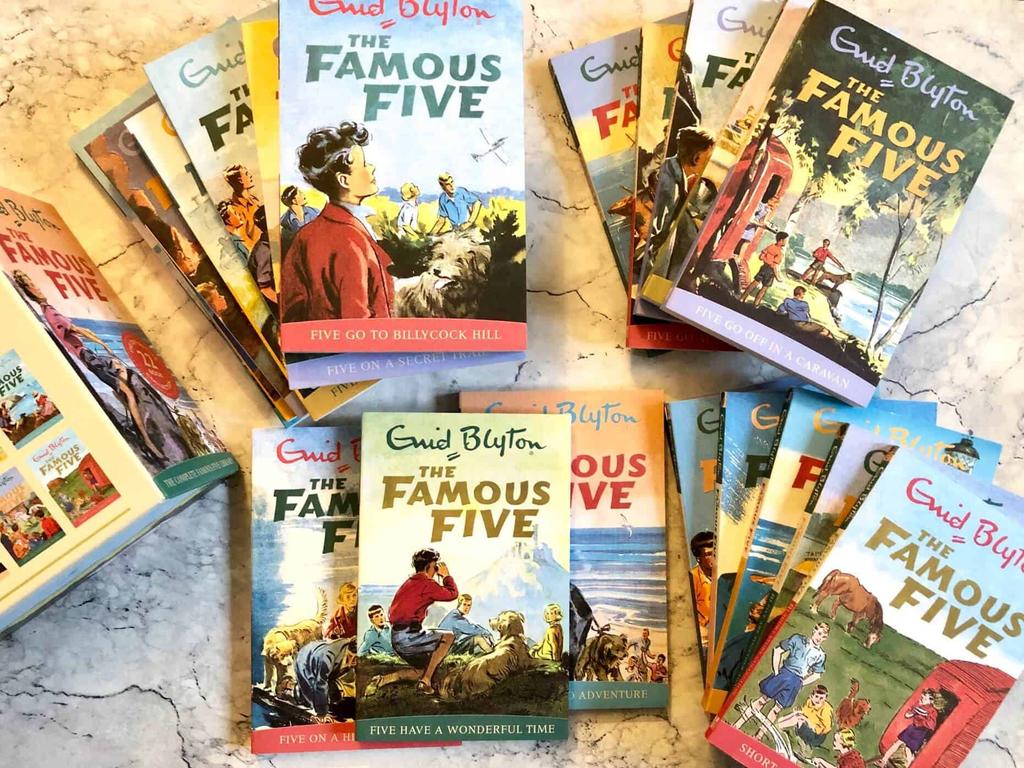
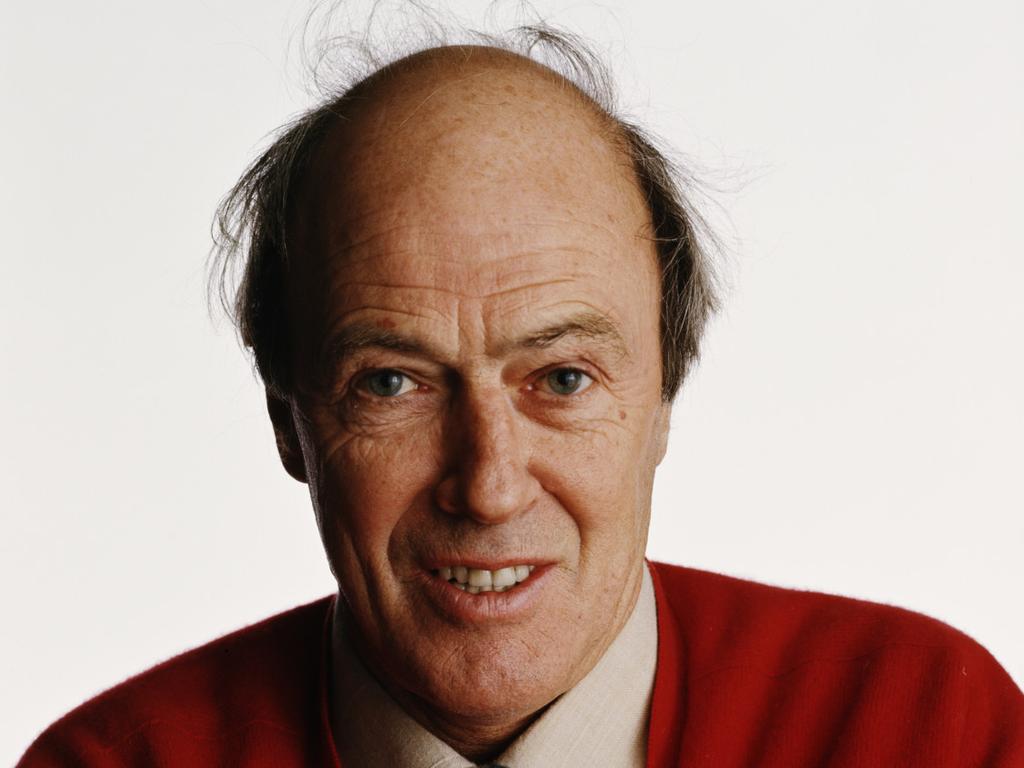
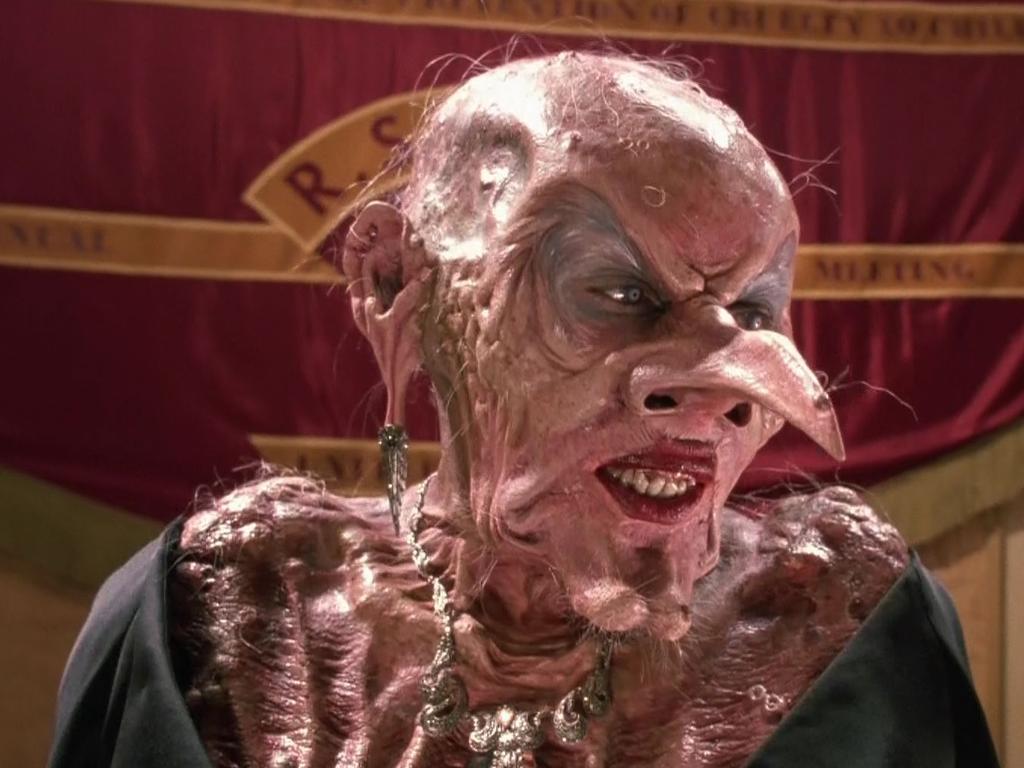


To join the conversation, please log in. Don't have an account? Register
Join the conversation, you are commenting as Logout